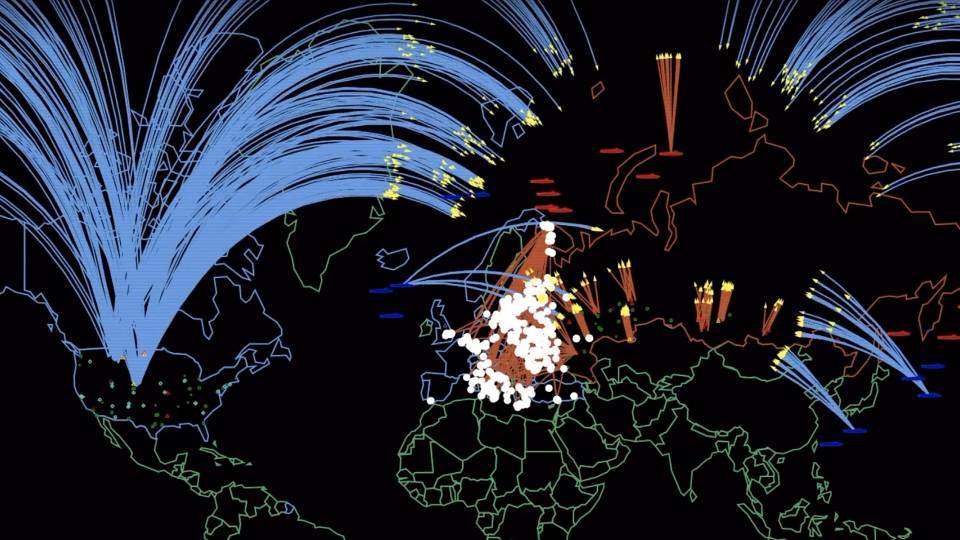Three Princeton University researchers, two current and one past, were recognized as among Foreign Policy magazine's 100 Leading Global Thinkers of 2014 for their novel approach to verifying the existence of nuclear warheads. The magazine recognized Alexander Glaser, an assistant professor of mechanical and aerospace engineering and international affairs, Robert Goldston, a professor of astrophysical sciences and in the Princeton Plasma Physics Laboratory, and Boaz Barak, an assistant professor of computer science now a senior researcher at Microsoft Research New England. The researchers were selected for developing a "zero-knowledge protocol" that would use a high-energy neutron beam to verify the presence of warheads without revealing classified information to arms inspectors. Foreign Policy commended the procedure's potential for aiding nuclear disarmament.



